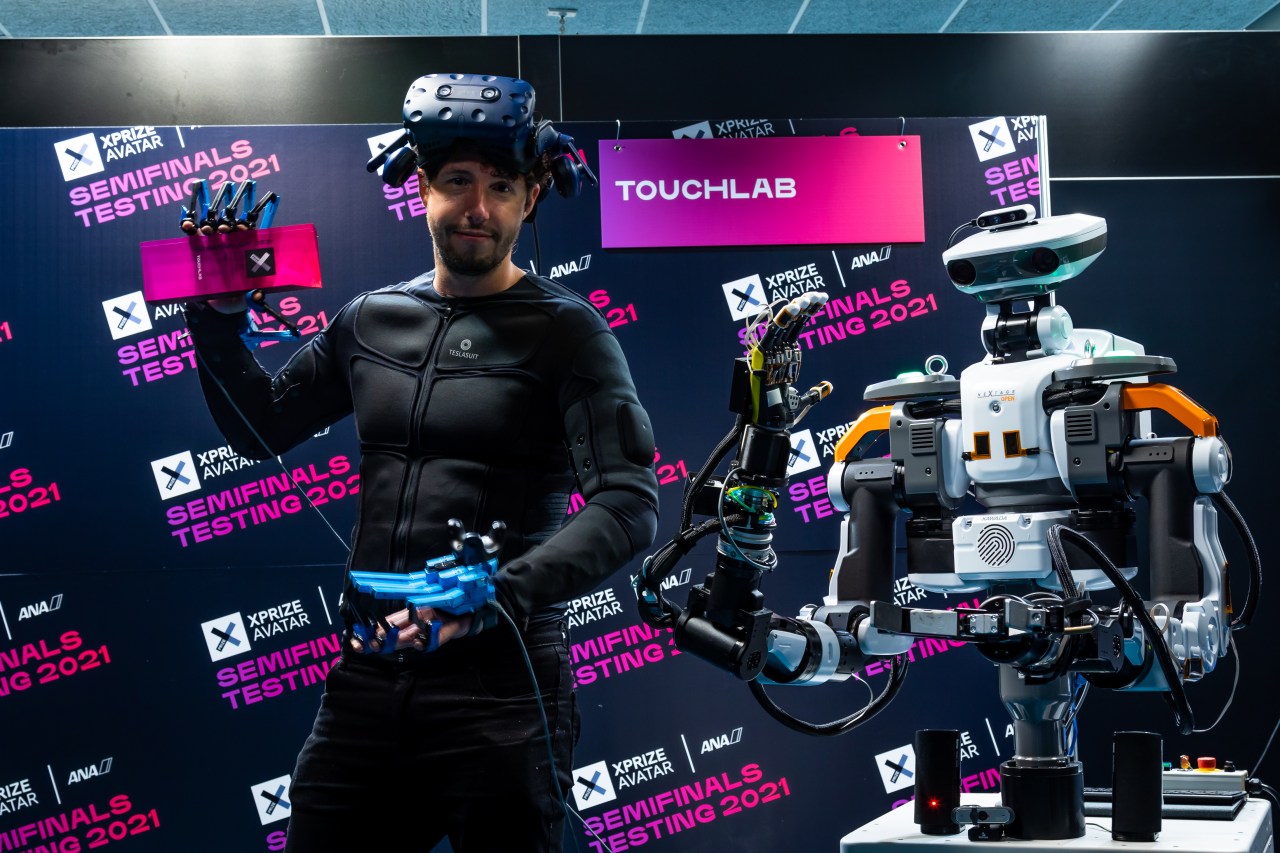In the ever-evolving world of robotics, the blending of manipulation and sensing technologies represents a critical frontier. As we strive for more sophisticated machines capable of engaging and interacting with their environments, startups like Touchlab are pioneering groundbreaking advancements. Their focus on robotic skin sensors is poised to not only enhance robotic capabilities but also revolutionize applications in sensitive settings, such as hospitals.
The Importance of Tactility in Robotics
Manipulation and sensing are often viewed as the two pillars upon which the power of robotics rests. While vision systems have long dominated this sphere, recent trends indicate a growing recognition of the importance of tactile feedback. Tactility allows robots to gauge the pressure they need to apply to various objects, ranging from delicate fruits to the human body. This capability is crucial for tasks that require precision and care.
Touchlab: A Beacon of Innovation
Edinburgh-based startup Touchlab has caught the industry’s attention with its pioneering work on robotic skin. Recently, the startup showcased its innovation by winning the pitch-off at the TC Sessions: Robotics event, solidifying its status as a key player in this domain. Their approach to developing electronic skin that mimics human touch could unlock new potentials in robotics across various applications.
Aiming for the XPrize
Touchlab’s ambitious endeavor has even garnered accolades in competitions like the XPrize Avatar Competition, where they are vying for a $10 million reward. Collaborating with the German robotics firm Schunk, Touchlab aims to enhance teleoperation in health settings, effectively creating a bridge between human empathy and robotic precision.
Applications in Healthcare
The healthcare sector stands to benefit significantly from Touchlab’s innovations. By integrating their robotic skin sensors into teleoperated robots, they aim to alleviate the burden on healthcare professionals in understaffed hospitals. For instance, a TIAGo++ robot equipped with Touchlab’s sensors will assist human workers by providing an extra pair of hands.
- Enhanced Dexterity: Robots can perform dexterous tasks in healthcare settings with greater precision.
- Remote Operation: Operators, equipped with a haptic VR bodysuit, can receive touch data, enhancing the overall teleoperation experience.
- Data Translation: The software layer developed by Touchlab translates sensor pressure into user feedback through haptic gloves.
Challenges Ahead
While the vision for robotic skin is promising, challenges remain. As Zaki Hussein, co-founder and CEO of Touchlab, points out, there exists a bottleneck in translating the vast data collected by the robotic skin to an operator in real-time. The current limitations of haptic interfaces mean that the robots can “feel” more than operators can sense. With ongoing advancements, the aim is to bridge this gap and deliver a more cohesive interaction experience.
A Pioneering Pilot Program
Touchlab is all set to commence its first real-world pilot program in February, which will take place in a geriatric acute ward. This groundbreaking initiative will mark the first deployment of robotic skin sensors in a live hospital environment, reflecting the significant societal impact of their technology. These trials aim to gather crucial insights that will inform further developments in how robots can interact with and support human patients.
Looking Forward
As we stand on the brink of this robotic revolution, the integration of tactile sensing into robotics presents vast opportunities, especially in healthcare. This advancement not only introduces efficiency but also the potential for robots to exhibit a level of empathy that is crucial in sensitive environments.
Conclusion
The work being done by Touchlab exemplifies how innovative technology can transform our interactions with robotics. As we continue to explore the intersection of robotics and human-centered design, there is no doubt that the future is bright for tactile robotics. For more insights, updates, or to collaborate on AI development projects, stay connected with fxis.ai. At fxis.ai, we believe that such advancements are crucial for the future of AI, as they enable more comprehensive and effective solutions. Our team is continually exploring new methodologies to push the envelope in artificial intelligence, ensuring that our clients benefit from the latest technological innovations.

